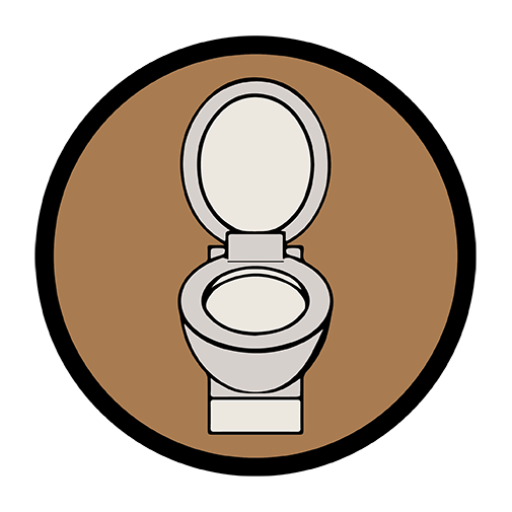This innovative, unique toilet burns waste and gets rid of the odor
Ever thought about the impact that having access to adequate sanitation has on the environment, human dignity, and health?
According to Fox News, the innovative water and home products manufacturer LIXIL made history by becoming the first commercial license partner for the Generation 2 Reinvented Toilet (G2RT). Global sanitation habits are about to change because of this ground-breaking off-grid toilet that was built in partnership with Georgia Tech. The G2RT provides a viable solution that has the potential to change lives and communities for the billions of people who lack access to safe sanitation facilities.
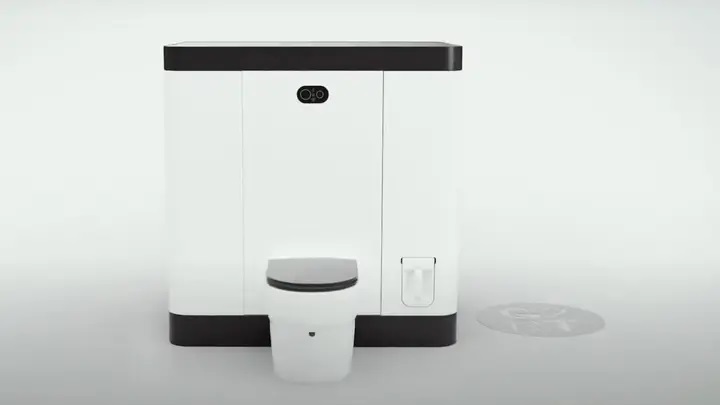
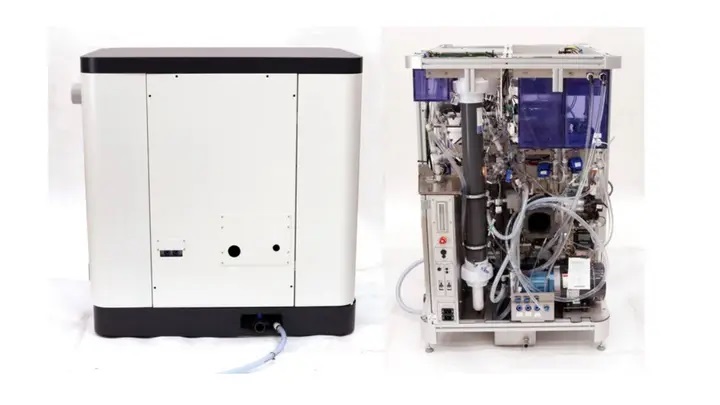
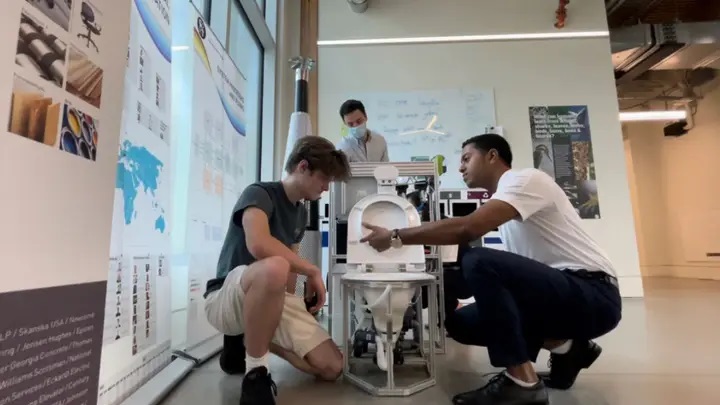
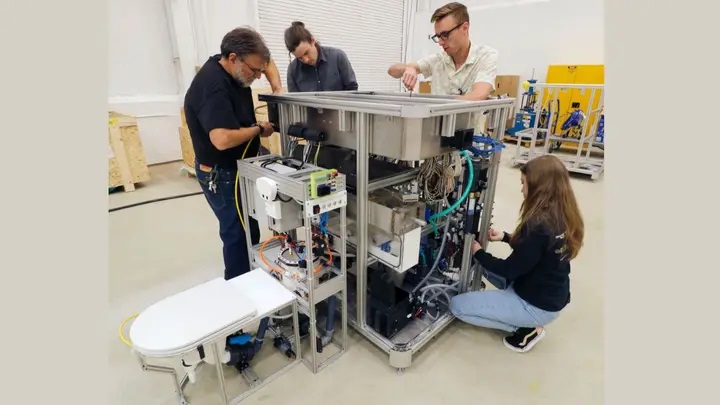
Why is the G2RT so special?
The G2RT is not your typical toilet. It treats waste at the source and runs independently of conventional infrastructure. The use of septic systems or connections to sanitation grids is no longer necessary thanks to this amazing invention. Using high heat and pressure, the G2RT turns solid waste into safe, compostable dry solids while recycling and purifying liquid waste for flushing. The technique is noteworthy for its ability to eliminate dangerous bacteria, hence mitigating the transmission of diseases transmitted by water.
To get ready for launch, LIXIL is working quickly. As the company prepares for the next phase, the ink on its commercial license is barely dry. In order to make the technology appropriate for use in both the public and private sectors, they are continuously working to refine it. The goal of LIXIL is to get the G2RT ready for the market in the next three to five years. The 3.5 billion people who lack access to safely managed sanitation services globally could profit from this innovation.
The G2RT is more than just a toilet; it is a response to an international emergency. It offers significant cost savings on building and installation while lowering the danger of diseases like cholera and dysentery by eliminating water contamination. Additionally, it provides sanitation to areas where traditional infrastructure is impractical.
Through the innovation of LIXIL, a basic necessity transformed into a sophisticated, self-contained appliance, billions of people’s lives will be better in terms of quality of life, public health, and environmental impact. The upcoming years will be critical as LIXIL strives to commercialize this revolutionary technology, which has the potential to usher in a new era of universal access to sanitation.
